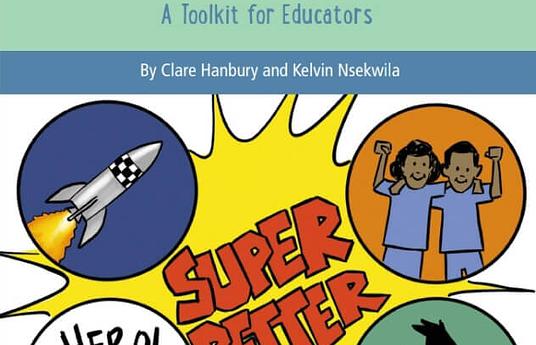Children from vulnerable communities in Qatar face barriers such as financial constraints, disrupted education, special needs, and language issues. The project addresses these challenges by offering alternative tracks, previously unavailable, ensuring equitable education for all children. The model aims to ensure government collaboration, advocacy and centralization of local efforts and resources.
Assalam schools' initiation involves identifying children (especially migrants), their barriers, and developing tailored solutions. A centralized mechanism for child identification and a centralized application management platform for enrollment has been established. These schools implemented in collaboration with the Ministry of Education (MOEHE), charitable organizations, and community partners offer tuition-free alternative education programs, such as; accelerated learning, academic recovery, adult education, vocational pathways, and home schooling.
The project also advocates for and implements policy and procedural reforms in collaboration with Ministry of Interior (MOI) such as residency renewal linked to school enrollment and with the MOEHE such as ensuring compulsory child enrollment and status registration on the National portals by caregivers.
Since inception, the Project has benefited over 11,000 children from 40 nationalities and secured QAR 186 million in funding. Key achievements include implementing alternative educational pathways previously unavailable in the private education sector in Qatar. Recent initiatives include skill-based learning with local farms, inclusive education for children with special needs, psychological support through local health providers, and career development services ensuring a whole-school model. Goals for the next 2-3 years include establishing the Sixth Assalam School for primary-aged children, the Seventh Assalam School for children with disabilities, and closing data gaps by constant monitoring through ministerial platforms, aiming for zero out-of-school children in Qatar by 2024-2025.
To adopt this innovation, interested parties should contact Project Management at Education Above All Foundation for a detailed implementation guide. In general, the steps towards the successful implementation of such model includes:
- Intensive Community Outreach and Engagement
- Engagement and Partnership with local NGOs with educational funding
- Collaboration with Relevant Ministerial Bodies


